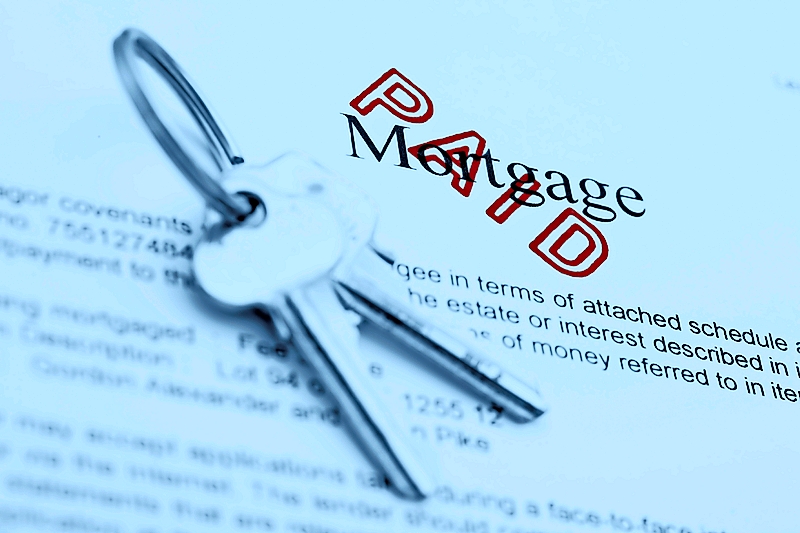To Pay or Not To Pay—Considerations for Paying-off Your Mortgage
By Gail Osten
August 2014 View more Finance
 When mortgage interest rates skyrocketed to nearly 15 percent during the ‘70s, my husband and I, then a young married couple, felt fortunate to have purchased our home when rates were merely 9.5 percent. Some friends were carrying 13 percent mortgages, close to “loan shark” rates where knuckles were broken for non-payment. Back then, we gave little thought to paying off a mortgage, but many homes, and years later, we considered getting the mortgage monkey off our back. It’s not a simple decision.
When mortgage interest rates skyrocketed to nearly 15 percent during the ‘70s, my husband and I, then a young married couple, felt fortunate to have purchased our home when rates were merely 9.5 percent. Some friends were carrying 13 percent mortgages, close to “loan shark” rates where knuckles were broken for non-payment. Back then, we gave little thought to paying off a mortgage, but many homes, and years later, we considered getting the mortgage monkey off our back. It’s not a simple decision.
The True Cost
Making the decision to pay off the mortgage is not a one-size-fits-all situation, according to Cammy Corso, principal DiGiovine Hnilo Jordan+Johnson in Naperville. Everyone has different financial situations, goals, and risk tolerances. Corso advises people who are considering paying off their mortgage to think about more than just the face-value cost of the loan. “Your individual tax situation bears the true cost of the mortgage because the after-tax cost is less than the cost to borrow for those receiving a tax deduction for mortgage interest. For example, if your mortgage rate is 5 percent, and you are receiving a tax benefit on your mortgage interest of 35 percent, the true cost of the mortgage is only 3.25 percent,” said Corso. Her firm regularly runs numbers to help customers learn the true cost of the mortgage.
David Buckman, senior residential loan specialist for Wintrust MortgageNaperville Bank and Trust, says one argument for maintaining your mortgage is the effect of inflation. Over time, inflation erodes the value of the dollars you pay toward your mortgage. “This means that your future mortgage payments will effectively cost you less than they do now, as inflation reduces the real buying power of dollars sent to your mortgage company five or ten years from now.”
Cheap Money
Money is relatively cheap to borrow now, so it’s best to figure out where you’d get the money to eliminate the mortgage. Corso says that if the money is earning very little interest, then it may make more sense to pay off the mortgage since the money is not ‘working’ for you. Conversely, if the money is invested and generates returns of more than what you’re paying for the mortgage, then there isn’t a very good case, financially speaking, for liquidating investments that are generating more income than it is costing you to mortgage the home. For example, if your investments are generating 7 percent returns and your mortgage is 3.5 percent after tax savings, you’re making 3.5 percent by keeping the mortgage.
“Historically, the stock market has far outpaced the true after-tax cost of your mortgage. Of course, those stock returns are not guaranteed, making this argument a bit of a gamble, but history is on your side,” said Buckman. However, just keep in mind what happened to the housing and stock markets during the financial crisis of 2008.
Borrowing money Down the Road
Also bear in mind the potential difficulty of getting another loan at a later date if you pay off your mortgage today. Mortgages are easier to get when you are working and can show taxable income on your tax returns. They are much more difficult in retirement or when income streams are not steady. It seems inconceivable, but Corso says she has had clients with a net worth of close to $10 million get turned down when they went to obtain a mortgage on their home because they didn’t have sufficient income on their tax returns to qualify for a mortgage.
Most experts agree, despite dollars-and-sense considerations, sometimes paying off the mortgage simply gives people peace of mind. Some people relish the idea of waking up in the morning without worrying about making those monthly mortgage payments. “For many,” says Buckman, “you can’t put a price on that sort of security.”


